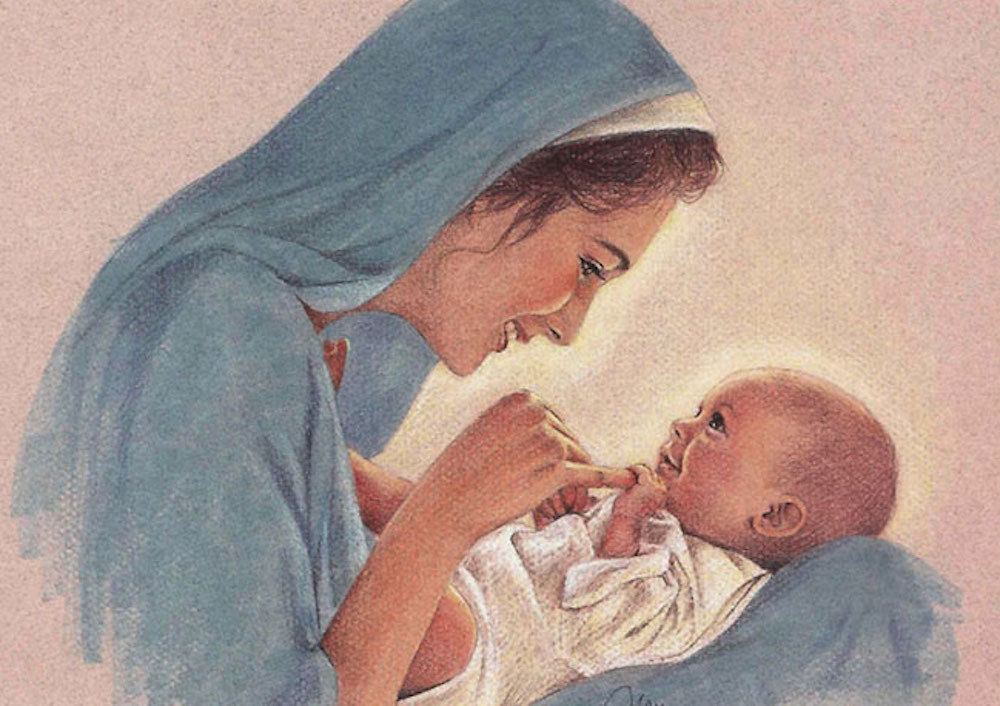I thought that I would honor the lost this Memorial Day by reading through a few selections on honoring those who served in battle for their nations. Below, I have included some choice selections of the various speeches and poems I read.
Login to read more
Sign in or create a free account to access Subscriber-only content.
